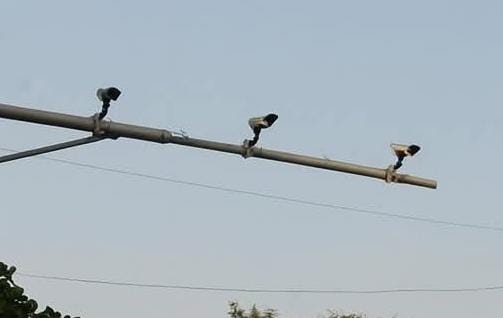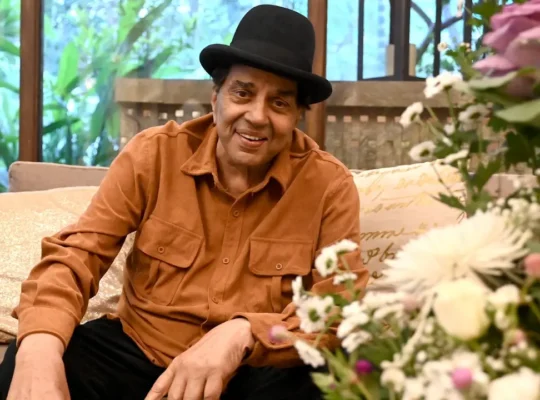Mumbai: The All India Ulema Board, along with several Muslim organizations, has voiced strong objections to the recently passed Waqf (Amendment) Bill, now known as the Unified Waqf Management Empowerment, Efficiency and Development (UMEED) Bill. At a press conference in Mumbai, the Board’s National General Secretary, Allam Bonai Naeem Hasni, expressed concern over the potential impact of the new legislation on Waqf properties.
These properties—comprising mosques, madrassas, community shelters, and vast tracts of land—have traditionally been managed by Waqf boards for religious and community purposes. However, Hasni warned that the new law could allow for such land to be repurposed, undermining the original intent of the donations.
The Bill, originally introduced in August of the previous year, was referred to a Joint Parliamentary Committee after receiving criticism from opposition parties. Despite some amendments, community leaders feel the core concerns remain unresolved.
Welcoming the opposition voiced by Shiv Sena (UBT) chief and former Maharashtra CM Uddhav Thackeray, Hasni noted that Thackeray’s stance aligns with efforts to preserve the integrity of Waqf institutions. Muslim leaders emphasized that rather than empowering the Waqf system, the UMEED Bill could render it ineffective.











